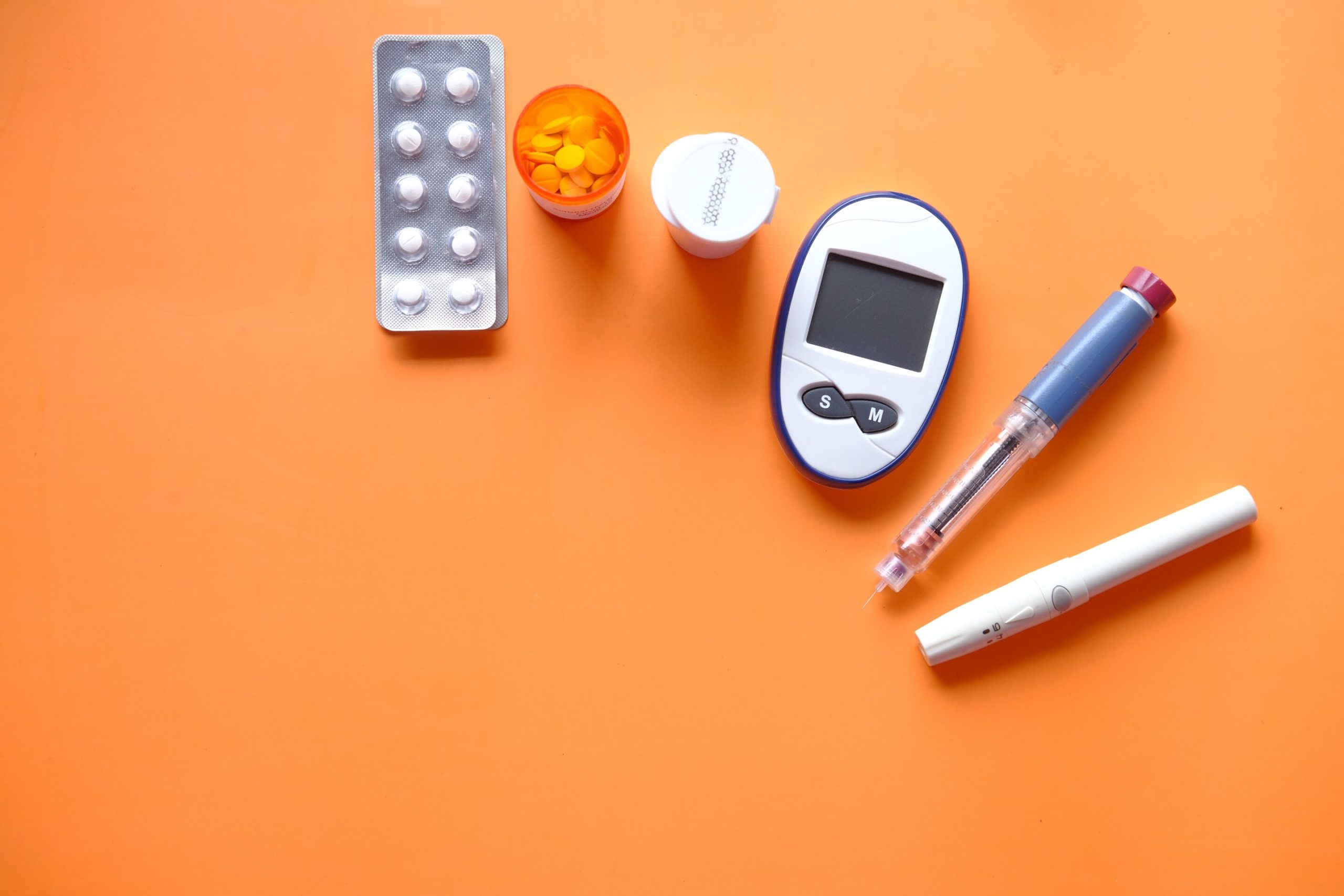
A collaboration of researchers led by Emory University Rollins School of Public Health, Atlanta, is urging caution when prescribing off-label glucose-lowering drugs to individuals with type 1 diabetes (T1D).
Both glucagon-like peptide-1 receptor agonists (GLP-1RA) and sodium-glucose cotransporter 2 (SGLT2) inhibitors have shown significant benefits for cardiovascular and renal health in other populations, particularly in patients with type 2 diabetes. GLP-1RAs are also known for their weight loss effects.
SGLT2 inhibitors carry a significant risk of euglycemic diabetic ketoacidosis, a dangerous condition most common in T1D individuals where toxic levels of blood acidification can occur. Due to this risk, SGLT2 inhibitors were removed for T1D use in Europe, and the U.S. Food and Drug Administration (FDA) has not approved them for T1D.
For GLP-1RAs, there are concerns about substantial weight loss potentially leading to ketoacidosis or worsening hypoglycemia. While these medications can be beneficial in managing weight, the extent of that weight loss can create new problems in people with T1D as their insulin needs may quickly change as a result.
In a Research Letter, “GLP-1 Receptor Agonist and SGLT2 Inhibitor
Prescribing in People With Type 1 Diabetes,” published in JAMA, the authors stress the critical need for more research to confidently allow the off-label usage of potentially dangerous secondary treatments.
The study identified 943,456 individuals with T1D (mean age of 41.5, 49.5% female) from 2010 to 2023 using the Epic Cosmos database. While specific reasons for prescribing were unavailable, the researchers managed to see trends that matched approved uses in type 2 diabetes.
Individuals newly prescribed SGLT2 inhibitors had significantly higher rates of pre-existing cardiovascular conditions like heart failure (16.6% vs. 2.8% in the general T1D population) and chronic kidney disease (26.9% vs. 15.9%). The data suggests clinicians are turning to these treatments to manage cardiovascular and renal complications in T1D patients, even though the drugs are not explicitly approved for this condition.
Conversely, those newly prescribed GLP-1RAs had higher rates of obesity (69.4% vs. 45.7%). This data indicates that clinicians are prescribing GLP-1RAs to help manage obesity in T1D patients, as weight management is a critical component of diabetes care.
The percentage of the T1D population prescribed GLP-1RAs increased significantly, from 0.3% in 2010 to 6.6% by 2023. The percentage prescribed SGLT2 inhibitors rose from 0.1% in 2013 to 2.4% by 2023. Overall, the percentage of T1D patients prescribed either of these medications increased from 0.7% to 8.3% during this period.
The most significant increase was seen in a GLP-1RA called semaglutide (branded Ozempic, Rybelsus, and Wegovy) increasing from 0.2% in 2018 to 4.4% in 2023.
Concerns remain about the safety of these drugs in T1D, particularly the risk of euglycemic diabetic ketoacidosis, which led to the removal of SGLT2 inhibitors for T1D in Europe and no approval from the FDA in the U.S. Additionally, GLP-1RAs are associated with risks like substantial weight loss and potential increases in ketoacidosis or hypoglycemia.
Results of the study suggest that despite regulatory concerns, off-label use of GLP-1RAs and SGLT2 inhibitors in T1D continues to grow primarily due to their cardiorenal and weight management benefits.
“Prospective studies on the efficacy and safety of GLP-1RAs or SGLT2 inhibitors in the T1D population are needed,” the Research Letter concludes, “Before such evidence becomes available, caution should be exercised when prescribing these treatments to individuals with T1D.”
More information:
Piaopiao Li et al, GLP-1 Receptor Agonist and SGLT2 Inhibitor Prescribing in People With Type 1 Diabetes, JAMA (2024). DOI: 10.1001/jama.2024.18581
© 2024 Science X Network
Citation:
Off-label glucose-lowering drugs may put type 1 diabetes patients at risk (2024, October 28)
retrieved 28 October 2024
from https://medicalxpress.com/news/2024-10-glucose-lowering-drugs-diabetes-patients.html
This document is subject to copyright. Apart from any fair dealing for the purpose of private study or research, no
part may be reproduced without the written permission. The content is provided for information purposes only.



